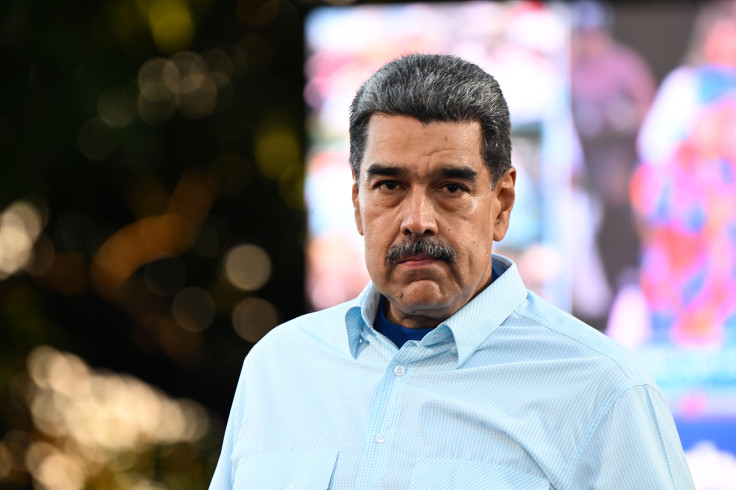
With the new Trump administration officially kicking off, millions of Venezuelans in the U.S. and abroad are waiting to see the approach the new president takes toward the South American country. But as some hawks hope for a tougher approach from the new American administration, experts believe there may not be many realistic roads for the U.S. to directly generate a path toward a democratic Venezuela.
Donald Trump's stance on Venezuela ahead of his second term has been somewhat unpredictable. For one, the new president hasn't sounded too enthusiastic about getting involved in the country, saying last month "we don't have to buy energy from Venezuela when we have 50 times more than they do."
However, some of his recent actions suggest the Republican could return to a hardline stance, or possibly take even more dramatic steps against the Maduro regime. During his first administration, Trump enacted "maximum pressure" on the Venezuelan government, imposing sanctions, military threats and recognizing then-opposition leader Juan Guaido as the country's legitimate president.
Daniel Raisbeck, a policy analyst on Latin America at the Cato Institute's Center for Global Liberty and Prosperity, thinks sanctions is among the few realistic avenues the Trump administration has to exert some pressure.
"In terms of avenues that are open... There's very little that the U.S. can do, especially if it's not willing to intervene militarily. So I think [reimposing] sanctions will always be at the table," Raisbeck told The Latin Times.
When it comes to military intervention, Raisbeck says he does not see it as a priority, given that the U.S. has "far more strategic interests," namely regaining control of the Panama Canal and acquiring Greenland from Denmark. At the same time, oil, one of Venezuela's biggest commodities, is not on the sights of the new president, as Trump himself made clear after assuming office.
But New York Times conservative columnist Bret Stephens seems to disagree, writing that one of Trump's first priorities should be "deposing the regime of Nicolas Maduro, through coercive diplomacy if possible or force if necessary."
Stephens believes the Trump administration should approach the Maduro regime by offering to choose permanent exile in Cuba or Russia or face "a U.S. military intervention of the sort that in 1990 swiftly ended the regime of the Panamanian Manuel Noriega."
Trump has nominated some vocal critics of Maduro to play key roles in his incoming government. For one, former Florida Sen. Marco Rubio was officially confirmed Secretary of State, a Latin America-hawk who has been a key figure in the anti-Maduro movement. He has also nominated Florida congressman Mike Waltz to be national security adviser and Mauricio Claver-Carone to be special envoy for Latin America, two figures who have also suggested "maximum pressure" on Venezuela in the new administration.
"Venezuela, sadly, is not governed by a government— it is governed by a narco-trafficking organization that has empowered itself as a nation-state," Rubio said in his Senate confirmation hearing on Wednesday, calling last year's election in Venezuela "completely fake."
So far, as his new term kicks off, the President has remained under the radar when it comes to Venezuela. Opposition leader Edmundo Gonzalez was invited to Trump's inauguration Monday, joining Florida Sen. Rick Scott at the Washington event. However, Gonzalez and Trump have seemingly not met in person and American plans on Venezuela remain unclear.
© 2025 Latin Times. All rights reserved. Do not reproduce without permission.




